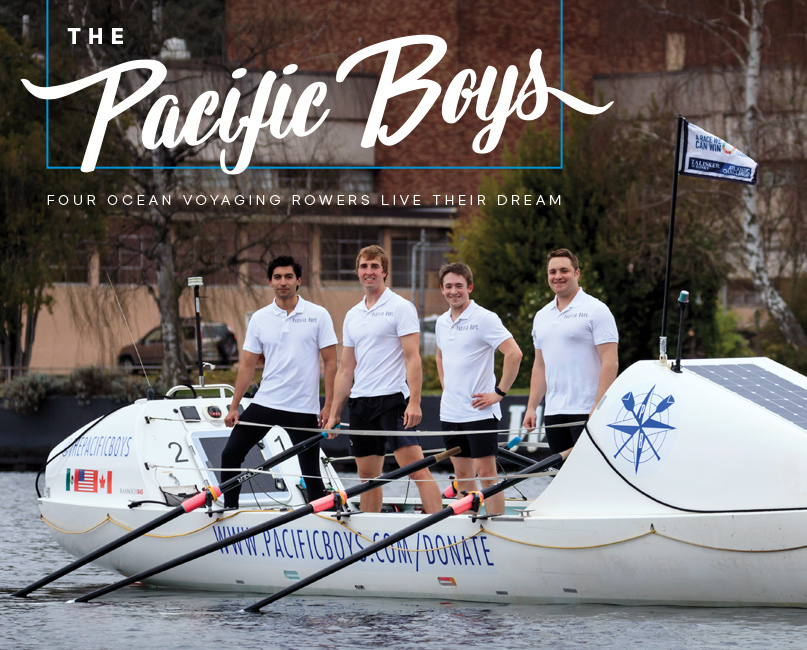
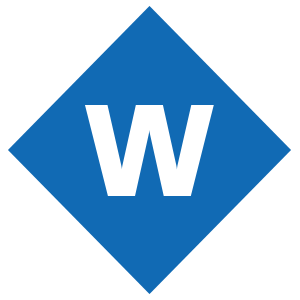 Why exactly do any of us want to row across an ocean? Honestly, I don’t think we have fully figured it out, and perhaps it will become more clear along the way; but for now, we are all chasing a shared dream to experience life to its fullest and push our limits together to create something greater than ourselves.
Why exactly do any of us want to row across an ocean? Honestly, I don’t think we have fully figured it out, and perhaps it will become more clear along the way; but for now, we are all chasing a shared dream to experience life to its fullest and push our limits together to create something greater than ourselves.
The story of Team Pacific Boys began in 2013. At the time, the stress of not knowing where I was going in career and life was keeping me anxious and uneasy. But this is fairly normal for someone midway through an undergraduate degree, I’ve come to learn. However, it was during this time that I liked to ponder what’s possible, what can I do, where can I go? And for some reason my mind liked to plan adventures, and fairly audacious ones at that. Perhaps it was something for me to anchor to, or something to use as a waypoint in the fog, or a dream to feel motivated about. Whatever the reason for these elaborate plans, they were a passion, and if I had learned anything from life, it was that if you find something you are passionate about, you are lucky, and you pursue it.
It was in 2013 when I discovered Alastair Humphreys on YouTube as he was rowing across the Atlantic. This was it for me and a seed was sown that would steadily carry me on a path for the next seven years and would crescendo with Team Pacific Boys. While rowing an ocean was something I wanted to do, it proved elusive early on. In 2014, and then again in 2016, I expressed interest to join two teams who were rowing from Monterey to Hawaii across the Pacific Ocean as part of an event called the Great Pacific Race. Both of my attempts to join these teams ultimately failed due to two reasons: time and money. On closer reflection, I realized that the chief factor was actually a fear of being vulnerable. What if I failed? Deep down, I knew the passion was there, but I just wasn’t ready to commit.
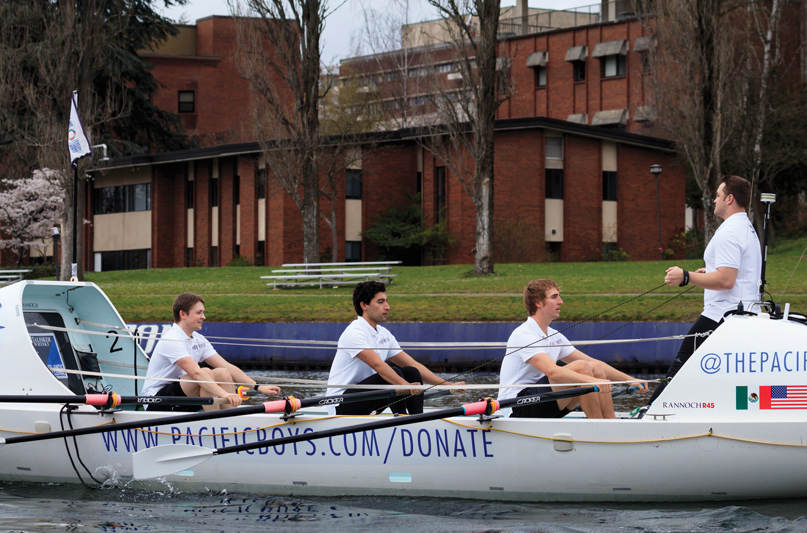
After two cross-country moves and a new job in Seattle in 2017, I was ready for a vacation. A family friend recommended the Canary Islands since it was known to offer great cycling, another passion of mine. By a twist of fate, the Canaries are also the starting point of the annual Talisker Whisky Atlantic Challenge, the largest and oldest ocean rowing race in the world. I was very aware of the race, and this vacation destination would give me a perfect reason to pay the race start a visit. I aligned my flights so I could be there right before the start on December 12, 2018.
The Talisker Challenge is a 3,000-mile rowing race that starts in La Gomera in the Canary Islands, and ends in Antigua on the edge of the Caribbean. Each year, roughly 30 teams from around the world participate, with team sizes varying from one to five people. Crossing the Atlantic can take between one and three months and each team is completely self-sufficient. They live and row on a specialized ocean rowing boat with watertight cabins for sleeping and storage.
The boats are propelled solely by rowing; there are no sails. Even canopies and flags are forbidden as they can catch the wind and propel the boat favorably. The race requires a prerequisite of ocean rowing experience to enter and enforces strict conditions on boat provisioning to ensure safety. Additional safety measures include a support yacht that follows the fleet, and other forms of experienced guidance.
My visit with the race organizers and 2018 participants proved to be completely enlightening. The race was professionally run, and teams were enthusiastic to share their journeys to the start, show off their boats, and discuss how they had prepared. As I departed La Gomera the eve before the race started, all I could think of as I watched the island disappear from the back of the ferry was “it begins.” This was my chance to make good on the crazy dream.
Indeed, the stars had aligned quickly and things started to fall into place, and I began fine tuning my plan to participate in a team row of the Talisker Whisky Atlantic Challenge.
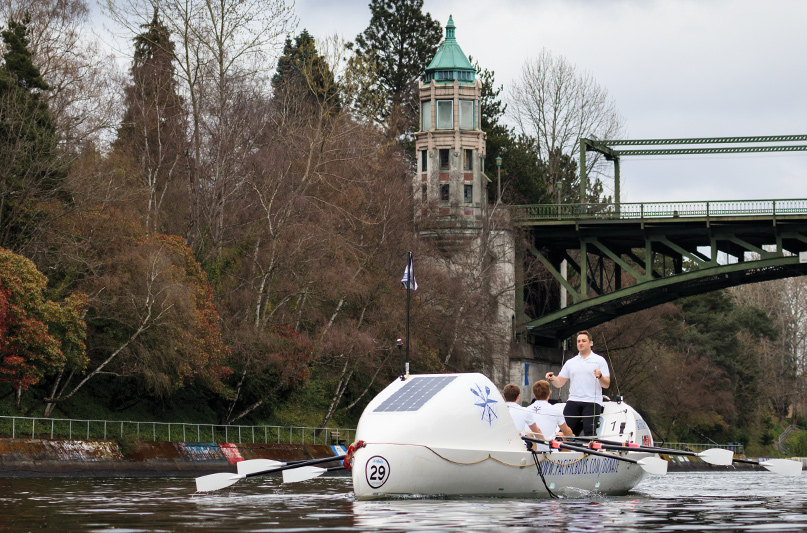
The decision to row in a team, instead of going solo, was both practical and emotional. Practically, it would be exceedingly difficult to take more time away from work, and rowing on a team provides redundancy in case of troubles such as sea sickness, which is obviously a common ailment. However, it was the emotional piece that proved far more influential in this decision. I have travelled solo before, and learned that for me, it is less about the place that you journey to, and more about the people you share it with.
So after returning from the Canary Islands, I began my search for a team to join me in this adventure. I was working for Amazon Web Services and began sending emails to hundreds of fellow Amazonians in the search for anyone willing to meet and listen to my plan. I was surprised at the success rate, around 5% of those who saw my emails wanted to meet. This would later translate to closer to 0.5% of those reached who would ultimately become teammates.
One of my co-workers reached out to a close friend, Isaac Mackey, who he knew would love this adventure. He was right. Isaac, a PhD student at the University of California, Santa Barbara, was a former crew rower with the University of Virginia and first to join the newly minted Pacific Boys team in January 2019. I have to admit it, the early days were challenging.
If I had learned anything from the ocean rowing teams in La Gomera, it was that to actually reach the start line of the Challenge was 90% of the race itself! I was sensitive to the fact that this was a large undertaking to process for anyone, but I had a six-year head start.
There were lots of discussions, meetings with ocean rowers and boat builders, but progress towards the ultimate goal was slow without a firm team in place. From my own experience of being on the fence and not able to commit in 2014 and 2016, I knew the straw that breaks the camel’s back is putting down the money. I was concerned that if I pushed the financial commitment too early, this pressure might push off someone who was interested, but who had justifiable uncertainty given the enormity of the endeavor.

In April 2019, I drove from Seattle to Santa Barbara to visit Isaac, in order to demonstrate my own commitment to the team, and to give us some time to meet in person for the first time. I guess it worked, as a few months later, Isaac incorporated the team as Pacific Boys Rowing Inc., a nonprofit in California with federal nonprofit status as an international amateur sports club. I restarted recruitment efforts now that Isaac and I had made it official: we were a team and we were going to race.
In late September 2019, I met Andy Vargas. Andy, a fellow Seattle Amazonian, financial analyst, Texan, and yogi, was instantly onboard with the adventure. He was so keen that when I brought up the race deposit fees in our first meeting, he didn’t waver one bit. I would also come to learn that before our meeting, he had already told his manager that he would need three months off to race! Another big perk was that Andy had rowing experience from Lake Union Crew, a local rowing club in Seattle. We were now a team of three.
We met Kramer Lewis at Amazon Headquarters in early December 2019. Kramer is an enterprising Amazonian, Tacoma local, software developer, experienced sailor and diver, and an all-round great mariner. Kramer had dreams to sail around the world one day, and so this challenge was too compelling for him to pass on. With that, Team Pacific Boys was whole for the first time, almost a year to the day from my departure from La Gomera.
With the team of four now in place, we officially entered the Pacific Boys into the race. I built a website, the first of many sponsorship packages were created, a team calendar, and we began discussions for the purchase of a boat from a team in Australia who had competed in the 2019 race.
This race is as much about bringing awareness to a cause, as it is about completing a challenge. Our combined love for the ocean and the context of our race led us to choose ocean sustainability as our mission. After a successful meeting with Plastic Bank, a social enterprise based in Vancouver, British Columbia, we decided our row would help raise awareness for their pioneering work to exchange collected plastic for cash or goods and services in impoverished countries. Through our work with Plastic Bank, we were incredibly fortunate to have Niccolò Porizo join Pacific Boys as our Team Advisor. With over 30 years of experience in global sporting events including America’s Cup, Niccolò’s passion for the ocean led him to support our team and we couldn’t be more grateful for his guidance.
Next on our long to-do list was to purchase our boat. Isaac flew to Antigua and met Australian team Rowed Less Travelled as they arrived at the finish line in English Harbour. This team finished second in their class of four-man boats, and we aspire to match or beat their placement. We purchased their boat, shipped it to Florida with the expert support of Tropical Shipping, loaded the boat into a rented moving van, and drove it across the United States to Seattle.
With the boat in the water at Lake Union in Seattle, we were able to complete some training, including a 14-hour circumnavigation of Lake Washington. There is no better way to prepare for the race than practicing on the boat itself. Over the coming months, we intend to complete over 200 hours of rowing, with as much of this as possible in the Pacific. The final step will be to ship our boat to the Canary Islands for the start of the race. With practice on the Pacific, we will learn how the boat handles and how we manage ourselves in larger seas. Our training will be critical for us to have a productive first week of the race.
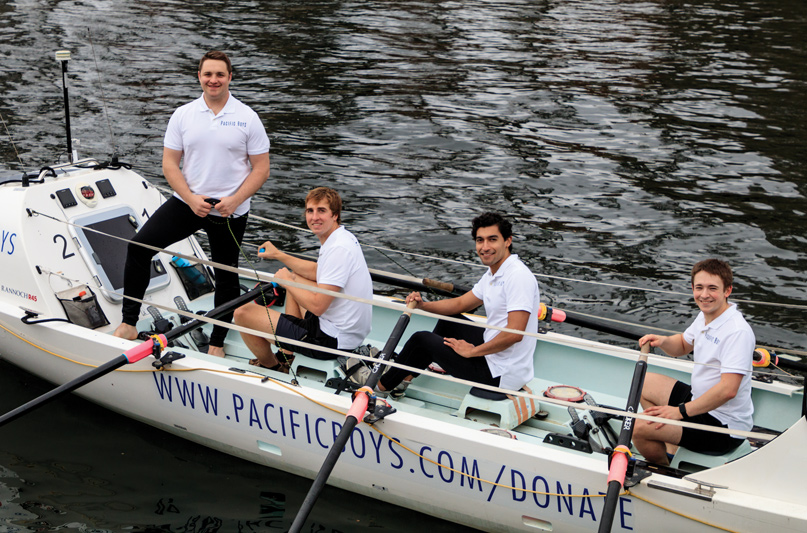
There are other logistical challenges and expenses to preparing for an ocean rowing expedition. We must take specialized courses for survival, navigation, and first aid at sea. The boat itself must be thoroughly repaired and maintained, including electrical systems like the batteries and watermaker. To achieve these steps, we have been actively seeking corporate sponsorship and individual contributions.
But with the onset of Covid-19, we find it socially correct to pivot our current focus to helping support those most impacted by the virus. The team is looking to contact local organizations and authorities to see how we can help. We are fortunate to have this flexibility and hope to use this opportunity to the fullest of our ability.This journey was never destined to be straightforward, few good adventures are, but despite the challenges we face, I’ve never been more confident that we will see it through.
The Law of One states: “We are all one. When one is harmed, all are harmed. Where in one is helped, all are healed.”
We have also been humbled for the incredible in-kind support of local businesses including Prism Graphics, Canal Boatyard, and Affinity Ventures Northwest. With their warm support, Team Pacific Boys are now moored at Ocean Alexander Marina and will be training out of this South Lake Union location.
Learn more about our adventure at www.pacificboys.com and join us for “The World’s Toughest Row.”
We will see you on the water!